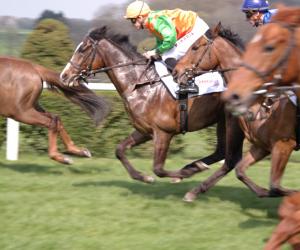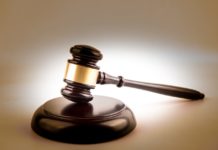 The British Horseracing Authority (BHA) has released a provisional fixture schedule for June, July and August as courses prepare to resume activity from next week following the novel coronavirus (Covid-19) lockdown.
The British Horseracing Authority (BHA) has released a provisional fixture schedule for June, July and August as courses prepare to resume activity from next week following the novel coronavirus (Covid-19) lockdown.The country’s governing body for racing has also published its technical guidelines for participants and staff to allow racing to resume safely behind closed doors.
Fixtures will take place in England from 1 June in line with the UK Government’s provisional timetable for the return of sport behind closed doors. Racing was suspended in Great Britain on 18 March after initial plans to race behind closed doors were abandoned.
The first of 292 scheduled meetings over the three months to the end of August will be held at Newcastle on 1-2 June, with Kempton Park also being run on the second day of the month.
Many fixtures, including Glorious Goodwood and The York Ebor meetings, remain unchanged from the original schedule. 72-hour declarations will be in place for all races from June until further notice.
The BHA said fixtures in Scotland and Wales have been provisionally scheduled, but will only be confirmed following further consultation with the relevant governments on timescales for potential resumption.
Resumption is conditional upon the government agreeing that restrictions can be eased further as part of step two of its coronavirus recovery strategy, which includes the return of professional sport and other cultural events. The BHA explained that government guidelines require participants to take action in preparation for attending meetings, so the publication of technical guidelines was necessary in advance.
The guidelines include a list of those who are allowed to attend meetings as well as rules on screening, social distancing and the usage of personal protective equipment.
Horseracing’s guidelines have been developed in consultation with officials from Public Health England and a group of cross-sport chief medical officers, and drawn up under the direction of the BHA’s chief medical advisor, Dr Jerry Hill.
The BHA said they are aligned with the government guidance for the return of elite sports published so far but can be adapted if required by subsequent guidance.
“Racing has been able to develop its guidelines based on our experience of operating bio-secure environments to control the spread of infection in horses, and a robust approach to regulation and enforcing the rules,” BHA chief regulatory officer Brant Dunshea said.
“Our trainers, jockeys and staff carry out their roles in a highly disciplined way because working with horses always carries risks.
“I am very confident they will adapt quickly to this new set of measures designed to protect them from transmission of the virus.”











